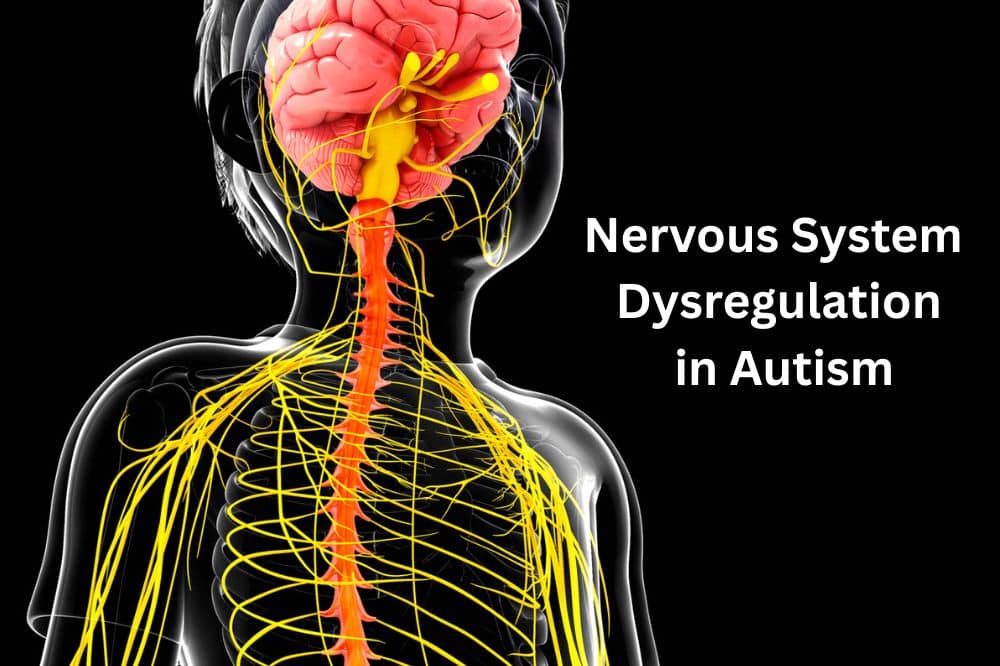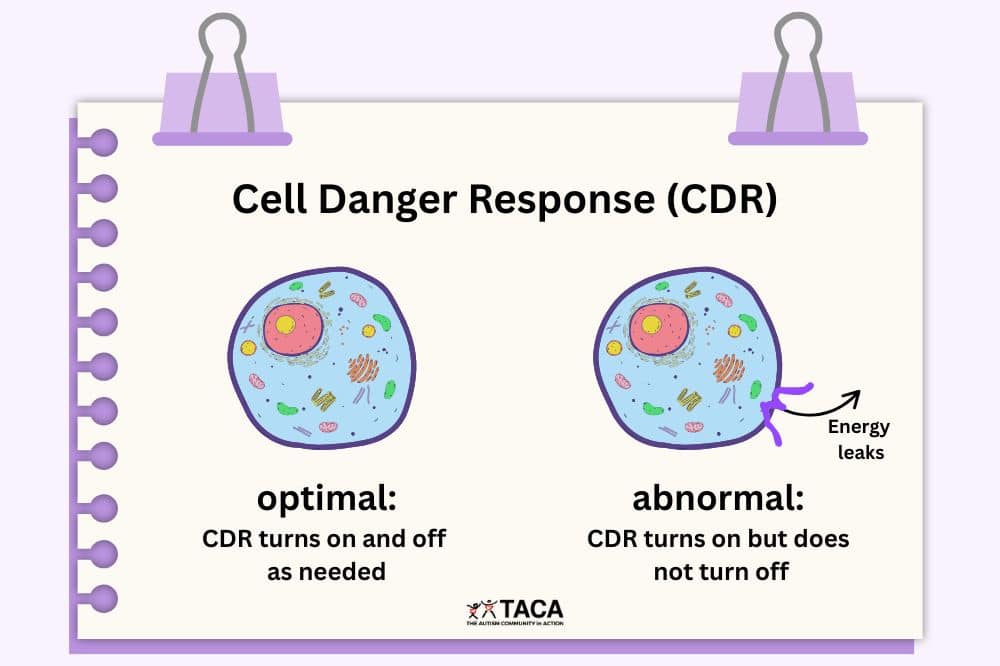Special Education Conflict Resolution: Mediation and Due Process

All contents of this resource were created for informational purposes only and are not intended to be a substitute for professional advice, diagnosis, or treatment. Always seek the advice of your physician, therapist, or other qualified health providers with any questions or concerns you may have.
There are times when parents may not be able to come to an agreement about what is needed for their child’s IEP with the school district. Because of this, the Individuals with Disabilities Education Act (IDEA) provides the following options for special education conflict resolution:
- Mediation,
- Due Process, and
- Civil Action.
Before we begin discussing the options for special education conflict resolution, please note: Individual states may have additional mandates and laws that differ from IDEA. For this reason, always confirm your state’s mandates and law with your State Department of Education.
Special Education Conflict Resolution Through Mediation
Often, mediation is the first step or option parents choose when looking to resolve disputes about their child’s education. This is because mediation is faster, cheaper, and less adversarial than due process.
Below are some details about what the mediation process looks like:
- Both the parents and school district must voluntarily participate in mediation.
- Mediation cannot be used to deny or delay a parent’s right to due process or other procedural safeguards.
- A trained, neutral person called a “mediator” works with both the parents and the school district to come to a compromise.
- The state must:
- Pay for mediation.
- Keep a list of qualified mediators.
- Select a non-biased mediator at random:
- The mediator cannot be an employee of the state or local education agency.
- Both parties work together toward a solution, making it more likely that both sides will follow through with the agreement.
- Anything discussed during mediation is confidential.
- It cannot be used as evidence in due process.
Tips To Make Mediation Successful
- Mediation works when both parties want a solution and are willing to work together to reach a compromise.
- Collect data and documentation needed to support your case during mediation.
- Know what you are willing to compromise on and what you are not willing to negotiate.
- Write a 5-10 minute opening statement explaining your position using facts and documentation. State what you want in a resolution.
- Show confidence and professionalism.
- Good communication is key during the mediation process.
- Actively listen to the school districts position and respond appropriately.
- The mediator helps both sides communicate clearly, suggests next steps, and helps generate solutions.
- If an agreement is reached, the mediator will put the resolution in writing with both parties signing in agreement.
Special Education Conflict Resolution Through Due Process
- Due process is a complex, legal proceeding in which many parents opt to hire an attorney.
- Due process hearings are an option provided by the Individuals with Disabilities Education Act (IDEA) as a formal way to resolve special education disputes.
- Parents may attempt mediation first, followed by due process if a mediation agreement cannot be reached -OR- parents may file a due process compliant without going through mediation.
- During a due process hearing, an impartial hearing officer weighs each party’s (parent and school district) legal arguments, witnesses, and evidence to make a judgement.
Steps to Due Process
1. File a Written Due Process Complaint
- Parents have two years from the date the alleged action took place to file a due process complaint.
- The written due process complaint must describe the issues in factual detail.
- If you don’t put an issue in the complaint, you cannot bring it up at your due process hearing.
2. Resolution Session
- Once the school district receives a written due process complaint, they have 15 days to hold a resolution session with the parents prior to the due process hearing.
- This gives the school the opportunity to resolve the dispute.
- If no agreement can be reached, the state has 45 days to hold a due process hearing and a decision is made.
3. Due Process Hearing
- Parents work with their lawyer to collect evidence and witnesses to support their argument.
- Five (5) business days prior to the hearing, both parties must disclose any evidence and witnesses they will be presenting at the hearing.
- At the hearing, both sides will be given the opportunity to present their case and cross examine witnesses.
- The hearing officer submits a written decision within 30 days of the due process hearing.
- The decision may be in the favor of the parents, the school, district, or a split decision.
- Parents may seek reimbursement of attorney’s fees from the school district. However, the school district may seek attorney’s fees from the parents if they prevail.
Special Education Conflict Resolution Through Civil Action
- Parents disagreeing with the due process hearing decision has 90 days to file an appeal.
- An attorney files the appeal in a State or District Court of the United States.
Resources
- The Center for Appropriate Dispute Resolution in Special Education:
- Center for Parent Information and Resources:
- Office of Special Education Programs:
When seeking legal advocacy, please note that TACA provides external resources for our families. Our services are limited to parent support. Therefore, legal questions are referred out to organizations that have expertise in this area.
There are many resources available to special needs families that will assist you in finding local legal advocacy resources:
- National Disability Rights Network
- Disability Rights Advocates
- Center for Parent Information and Resources
- Americans with Disabilities Act: Guide to Disability Laws
- US Department of Education Office for Civil Rights
- Wrightslaw
- Council of Parent Attorneys and Advocates
- Elizabeth Birt Center for Autism Law and Advocacy
We hope this information will help guide you in finding the resources and support you’re seeking.




